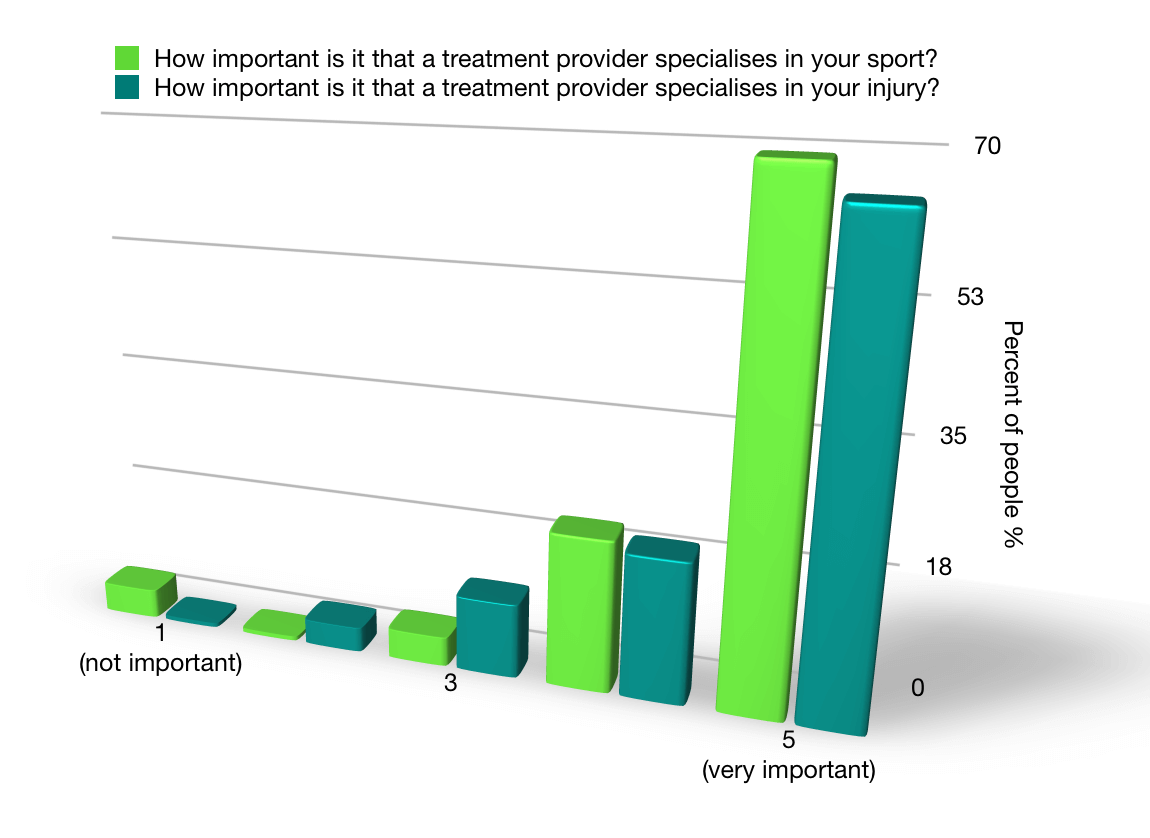How easy is it to find good treatment? Lessons from the National Running Show
By Malcolm | 28th January 2018 |
Having been mobbed all day at the National Running Show with approx 2,000 plus visitors to the stand we found the time to formally interview 166 of them, complemented by hundreds of informal conversations, and the results were starker than we had predicted.
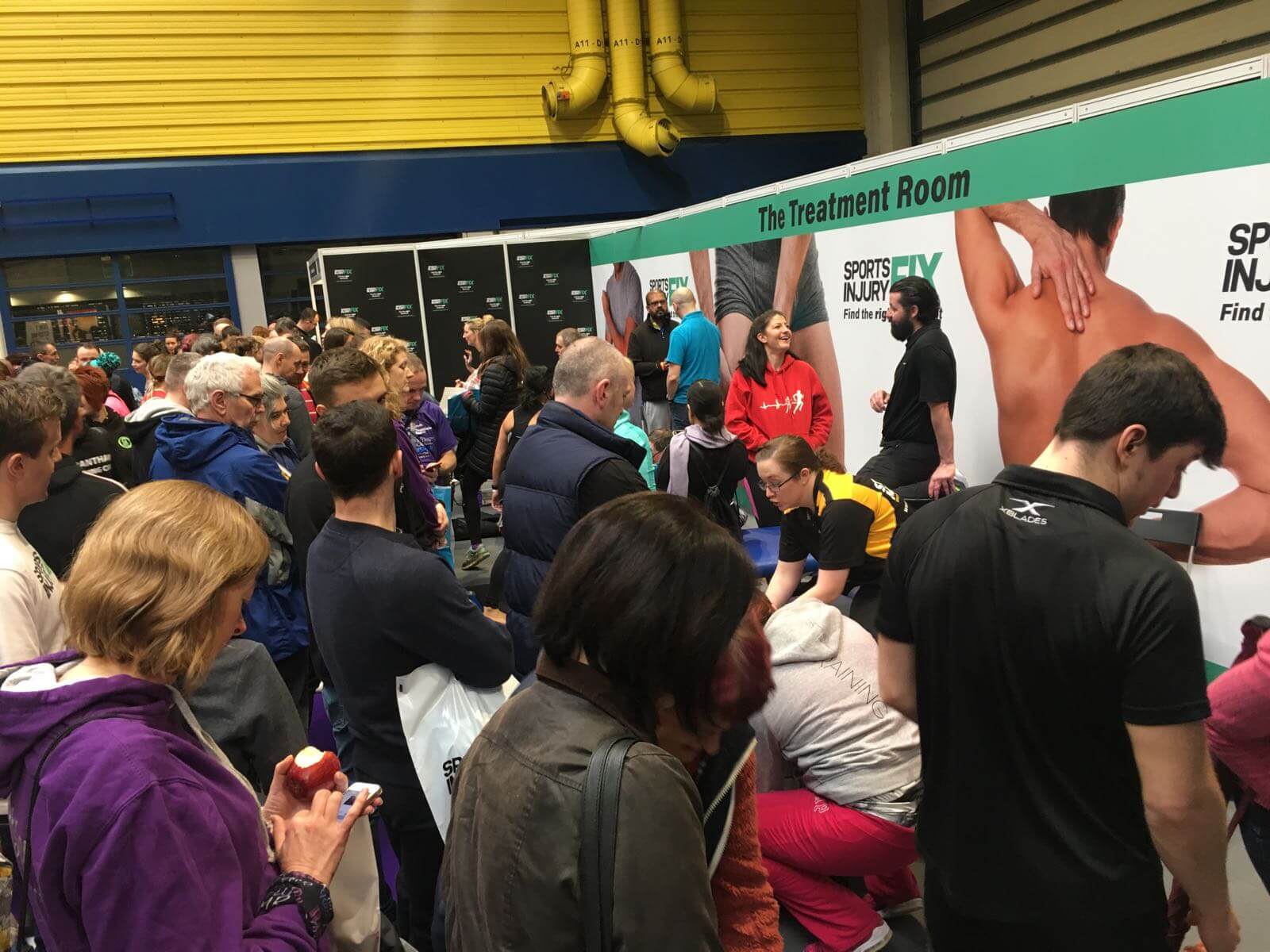
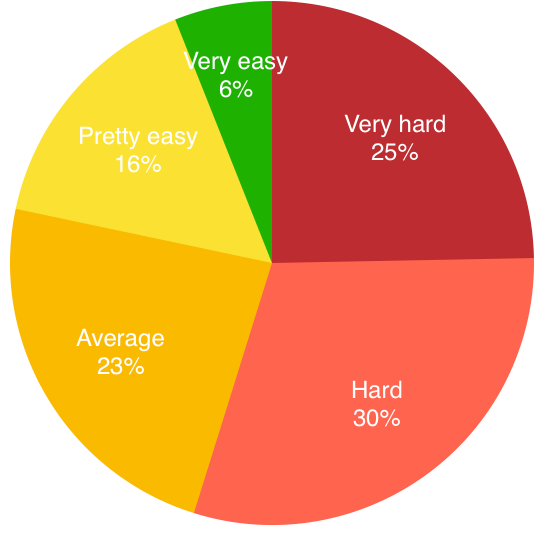 Question 1: How easy is it to find good treatment?
Question 1: How easy is it to find good treatment?
55% said it was hard or very hard to find good sports injury treatment and just 22% said it was easy or very easy. There was a noticeable trend in that those who found it easy to findgoodtreatment tended to be either a member of a larger running club with a long-established, trusted, relationship with a treatment provider or they worked in a medical profession themselves and were well connected. That it is not easy to find good treatment is one of the founding assumptions on whichsportsinjuryfix.comwas built and it is our mission to improve this.
Question 2: How many treatment providers did you try before you found a good one?
Only6% said it was very easy to find good treatment and thus it's no surprise that the largest response to this question being that they’d tried a few and 36% were still looking. 74% had tried two or more treatment providers which quickly adds up in terms of time, money and frustration. Regular comments were “they talked in medical terms I didn’t understand”, “I felt like I was paying money for no improvement”, and “I’d see a short-term benefit but by the time of the next treatment it would be the same as it was”. It was clear there was a desire to connect with the treatment provider and trust that they knew how to provide a solution.
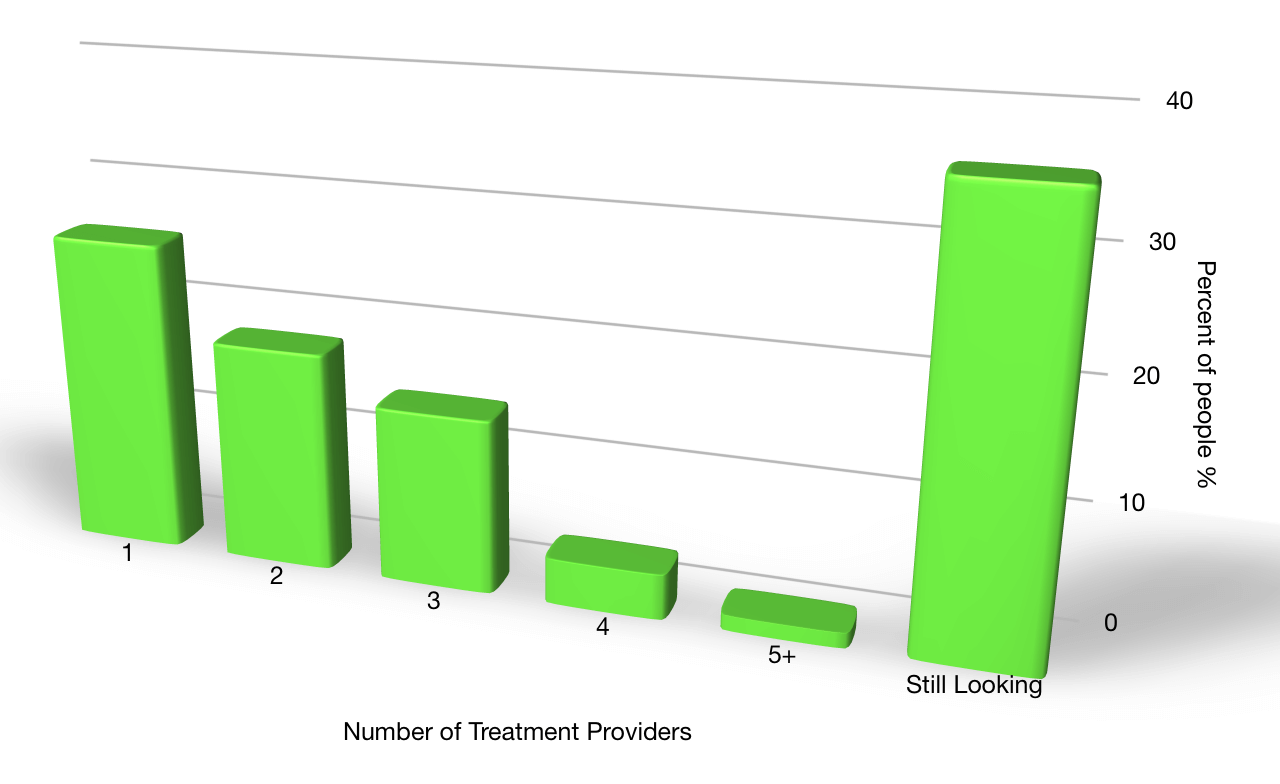
Question 3: How well do you understand the difference between the different professions i.e. physiotherapy, osteopathy, sports therapy etc?
There was a fairly consistent spread of answers but by far and away the biggest category was ‘no idea’ with 34%. There tended to be a correlation with comments from those having the greatest understanding disclosing that they work in medically related professions. Next came more experienced runners who had suffered lots with injury and had tried a number of different providers. It tended to be the newer or more casual runners that had no idea of the differences. It is clear that there is work to be done to educate people, particularly less experienced runners on the options available to them when an inevitable injury occurs. We have tried to work with industry associations to help provide explanations of the differences as listed in our blog section https://www.sportsinjuryfix.com/blog but not all have engaged so far.
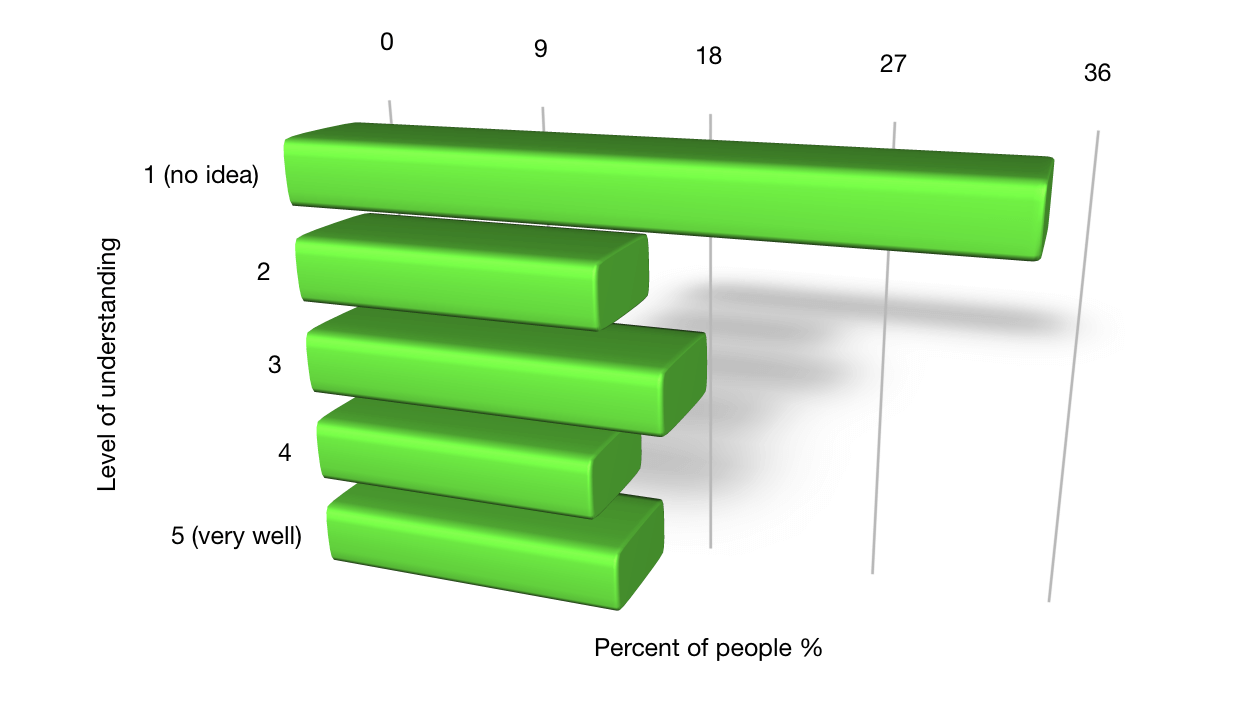
Question 4: How important is it that a treatment provider specialises in your sport and/or injury?
The answers to these questions were very similar. There is always a debate as to whether it matters if someone specialises in a sport or injury. As long as they are trained to a high standard they will be able to help you, regardless of whether they specialise in your sport and/or injury, and if not then the good ones will be honest that they are unable to help provide advice as to who may be better able to help. This may be true but what was incredibly clear from people is that the majority (over 60%) felt it was very important for a treatment provider to specialise/be very experienced in their sport or injury. The most common comment was “I’m fed up of being told not to run or that running is bad for you”. Both injury and sports experience/specialism are fields within sportsinjuryfix.com and it highlights the importance of communicating experience in a language that patients understand.
